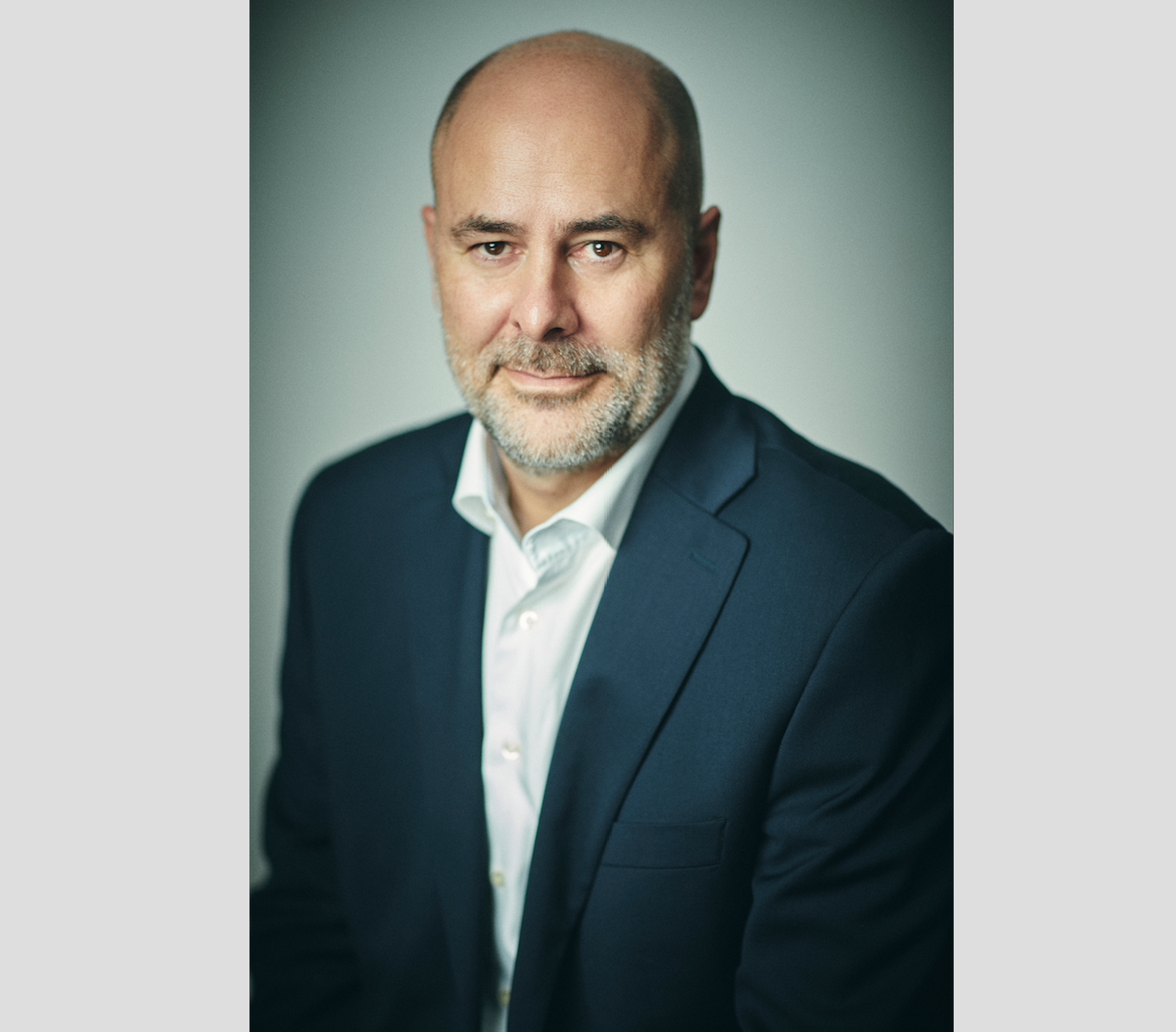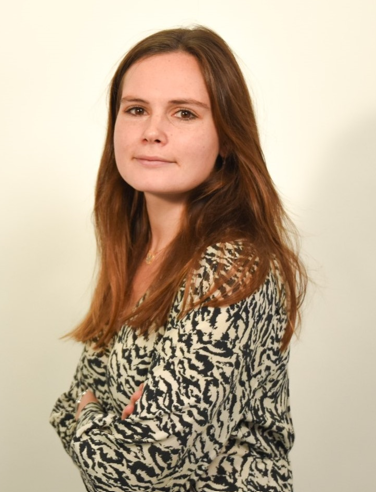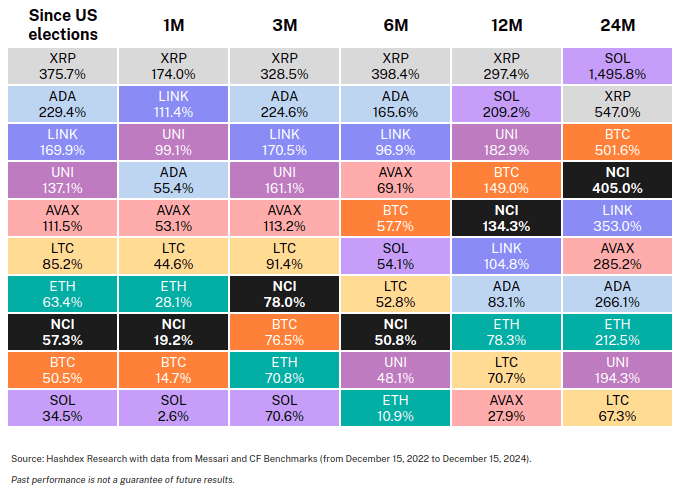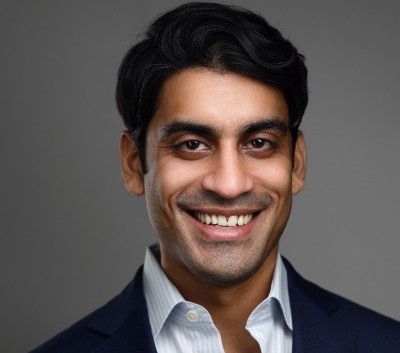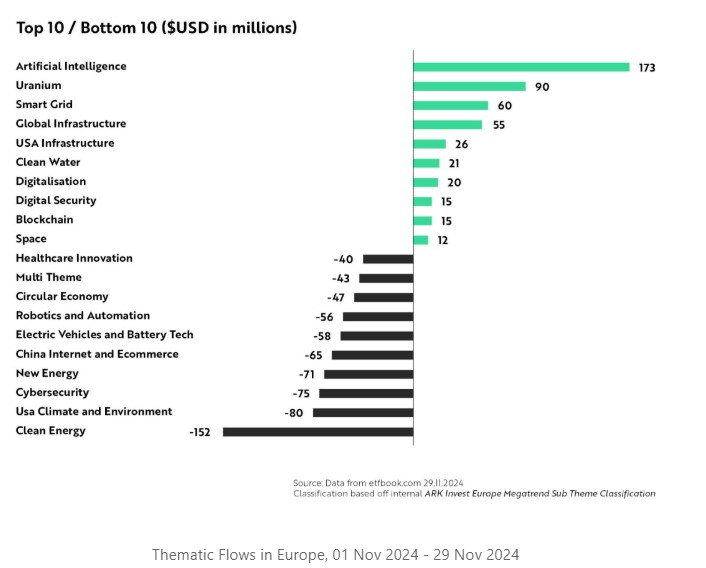Trump Pledges to Reclaim the Panama Canal, Prioritize Oil, and Revive Manufacturing
| By Marcelo Soba | 0 Comentarios

Donald Trump officially assumed office on Monday as the 47th President of the United States. In a robust inaugural address, he outlined policies aimed at making Americans “proud of their country,” while advocating for the oil industry, national manufacturing, and the reclamation of the Panama Canal.
“We will drill, baby, drill”
In a pointed critique of the Biden administration’s legacy, Trump declared the “Green New Deal” dead. He strongly criticized Democratic environmental policies and staunchly defended U.S. oil drilling (fracking) as a means to lower energy prices, which he claims have fueled inflation.
“America will be a manufacturing nation, and we have more oil than any other country. Prices will drop, our strategic reserves are at maximum capacity, and we will export to nations around the world,” Trump announced.
The president emphasized the importance of capitalizing on America’s “liquid gold,” stating that fracking would be a cornerstone of his productive strategy. “We’re going to drill, baby, drill,” he exclaimed.
The U.S. Will Be a Manufacturing Nation Again
Trump outlined plans for his administration to tackle rising prices, with his new cabinet focused on controlling inflation.
In terms of production, the president, now beginning his second non-consecutive term, reiterated his commitment to making the U.S. “a nation of domestic manufacturing” once again, particularly in the automotive and fossil fuel sectors.
On trade, Trump revisited a key theme from his first term—tariffs.
“Immediately, I will begin reforming our trade system. Instead of using our taxes to enrich other countries, we will use the taxes of other countries to enrich our own nation,” he stated.
On the Panama Canal: “China Is Operating It”
Trump also announced his intention to reclaim the Panama Canal, which he claimed is currently being operated by China.
“American ships are being grossly overcharged and unfairly treated in every way, shape, and form. This includes the U.S. Navy. And above all, China is operating the Panama Canal. We didn’t give it to China. We gave it to Panama, and we’re going to take it back,” Trump declared.
Defense, Security, and Gender Policies
The new president also addressed immigration, defense, national security, and gender-related policies.
Trump began by emphasizing national security, declaring a “national emergency” at the southern border effective immediately.
He announced an immediate halt to illegal border crossings and outlined plans to deport undocumented immigrants. “We will put an end to the practice of catch and release. We will stop the dangerous invasion that has plagued our country,” he stated.
Additionally, Trump labeled drug cartels as international terrorist organizations.
“We will eliminate the presence of gangs and criminals in our major cities and heartlands. As Commander-in-Chief, it is my duty to defend our country, and that’s exactly what we will do,” he said.
These measures had immediate consequences at the border, including the suspension of asylum applications through the CBP One system, which had facilitated asylum requests in the U.S.
On national defense, Trump vowed to restore pride in the Armed Forces and announced that the American flag would one day be planted on Mars.
Regarding gender policies, Trump took a firm stance against diversity initiatives, declaring that under his administration, there would be “only two genders: male and female.”
Inauguration Ceremony
The swearing-in ceremony at the Capitol was attended by former presidents Bill Clinton, George W. Bush, and Barack Obama, as well as outgoing president Joe Biden. Members of Trump’s family and inner circle were also present.
